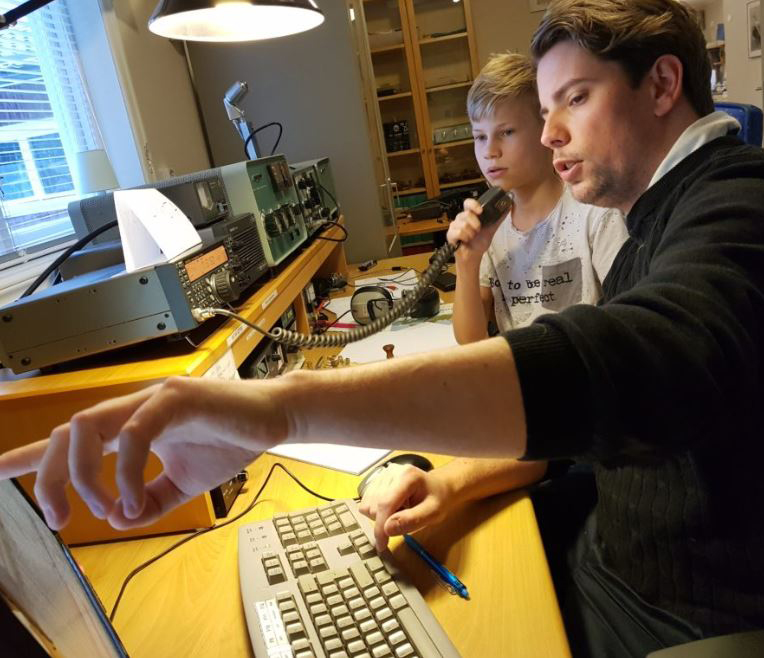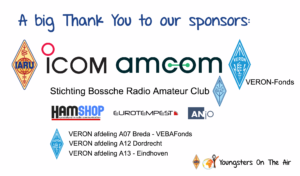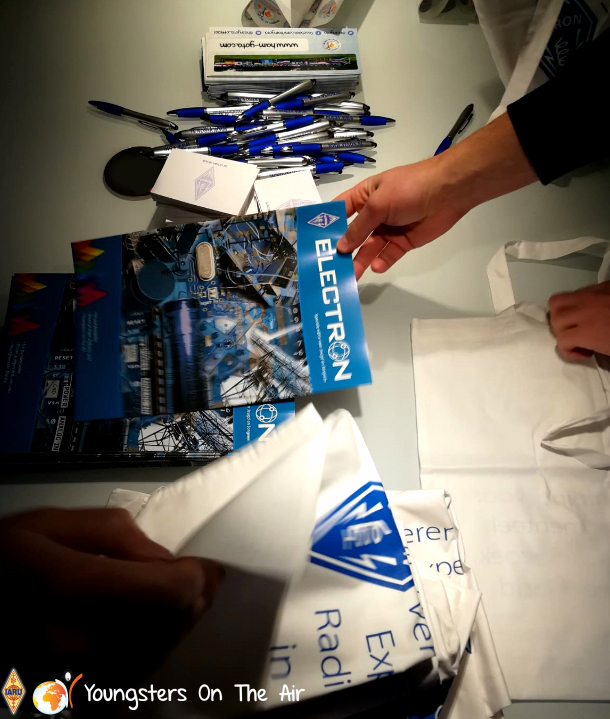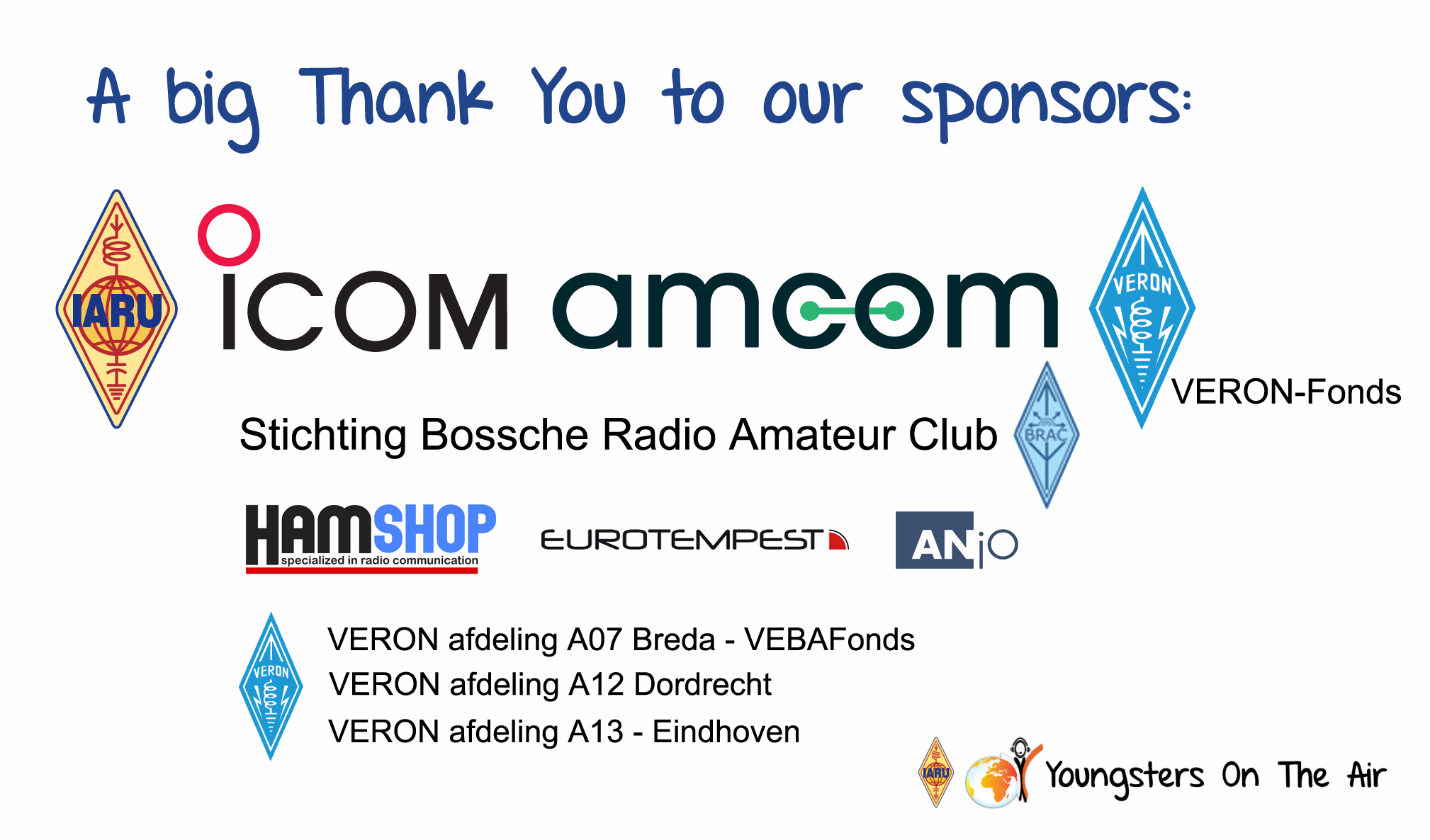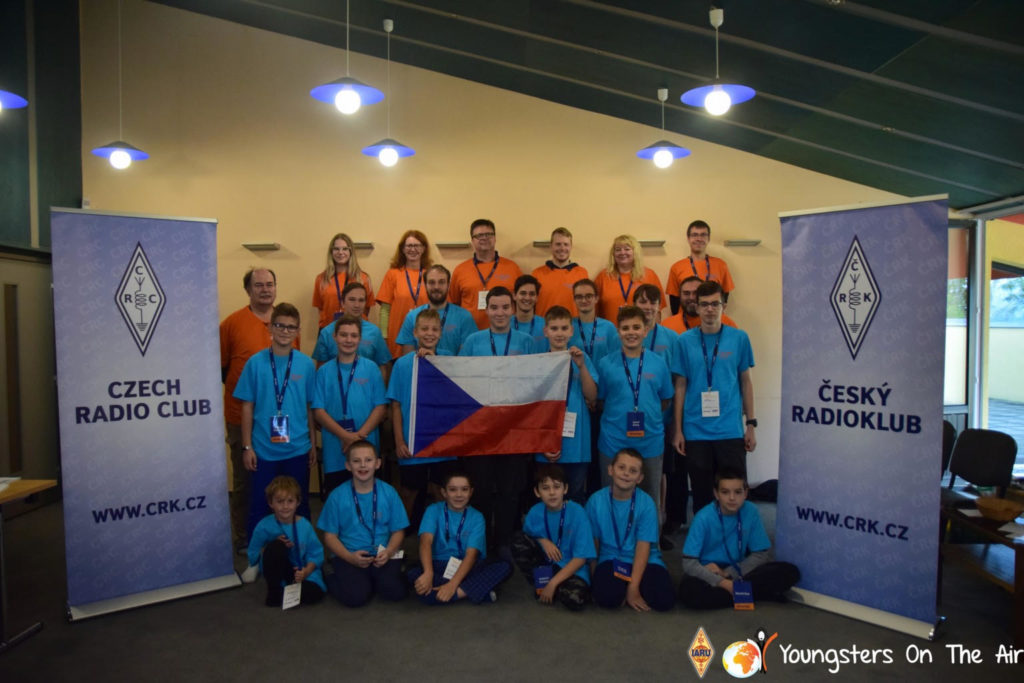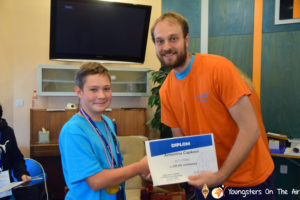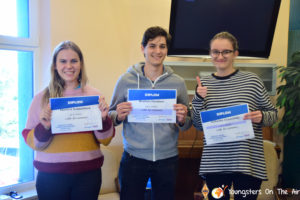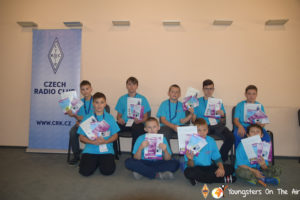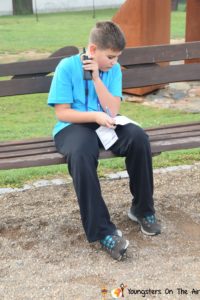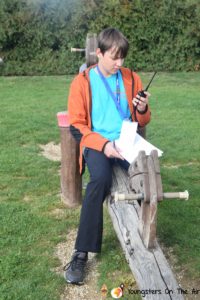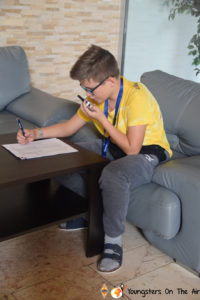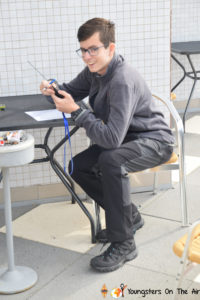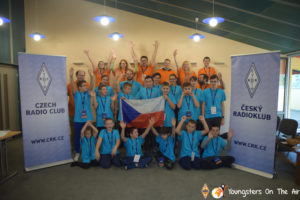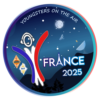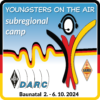Czech radioclub “CRC” organized from 27. 9. to 29. 9. 2019 subregional YOTA camp called “Weekend of Experiencies” which took part in the souths part of Czech republic with participation of 18 youngsters and 9 lectors from OK and OM member societies.
The first Czech YOTA Subregional camp started on Friday nearly before 4 p.m. with the arrival of the first participants. Registration of newcomers lasted until 7 p.m. when Martin OK1VHB began with his introduction into HAM radio and HAM spirit. Program continued with a lecture of Honza OK1JD about physics, antennas, radios and QSO basics. All of the participants learned how to make a phone contact and in the end of the day everybody was able to understand the principles, so the night 80 m operation could follow. After a little stress before first CQs the small expectations of all lectors were quickly exceeded. Children were really outstanding and their honest enthusiasm and opened mind were a big surprise.
It’s important to say that this camp was for most of the kids their first touch with our hobby!
Believe me or not, our Saturday program started at 6 a.m. – kids are unstoppable! A lot of them couldn’t stay in bed and started to occupy the radio in the early morning.
Official Saturday’s program started with workshops. Participants were divided into 4 groups which rotated between five stands –
1) Fox hunting theory by Martin OK1VHB,
2) J-Pole workshop by Jindra OK1NOR,
3) Electronics basics (teached by game) by Vlada OK2ZKR,
4) Sattelite operation by Leo OK2UUJ, and
5) DX, DXCC and contest basics by Honza OK1JD
After lunch we went out and tried ARDF connected with the SOTA activation. Every kids got receivers and their task was to find the fox hidden approx. three kilometers far from the camp. Despite our assurance that there is no need to get out of the road, of course kids decided to follow the signal exactly and set off straight into the impassable forest! Finish was nearby the watchtower were the HF and VHF SOTA set-ups were in advance prepared. The lookout tower showed to be the perfect place were to test J-poles made in the morning. Unfortunately, it started to rain very heavily on the way back, so every kids had all of the clothes wet and the “responsible woman-part” of the organizational team (our CRC secretary Líba OK1LYL especially) made a decision to cancel all of the outside activities scheduled for the rest of the Saturday.
In the evening there was a OFF-air contest. At first it was necessary to teach the participants how to make a contest QSO. After two hours of practicing Honza OK1JD finally enounced that he is satisfied with the contesters performance and the big OFF-air contest could start. And it was amazing! Considering the most of the kids never heard about ham radio until Friday, it was simply unbelievable how they were suddenly able to make 3 – 4 QSO per minute.
The day ended with presentation about YOTA and YOTA summer camps by Martina OK2YLQ.
Last day of our camp started with presentation about PMR followed by PMR contest. Kids made a huge progress and it was joy to watch them how they are actually contesting so good they could in minute take part in the real ham contest.
After lunch we had a presentation “How to make DX on VHF, UHF and microwave” by Petr OK2ULQ.
We finished our camp with the awarding the winners of OFF-air contest and PMR contest. During the whole weekend there was a competition in painting OL19CAMP QSL card. The most beautiful one will be used as an official QSL card and will be distributed via bureau.
YOTA subregional is over and we must say everything went better than we expected! All of the kids were unbelievably enthusiastic and we could read in their faces, that ham radio impressed them enormously. We would like to thank our sponsors – IARU R1, Schrack Technik Martin a GES Electronics.

